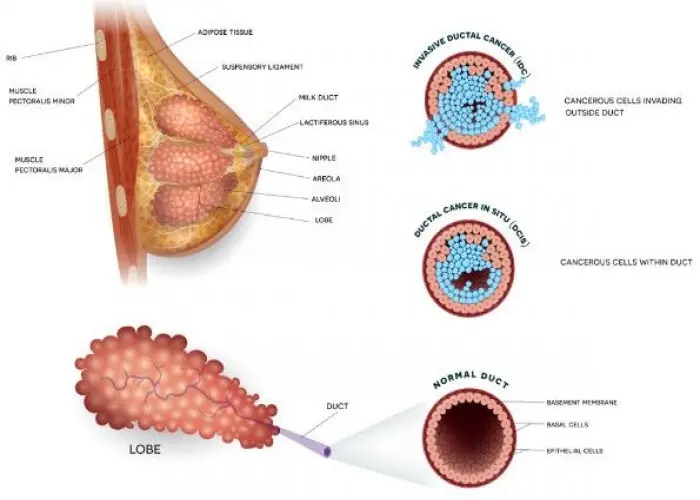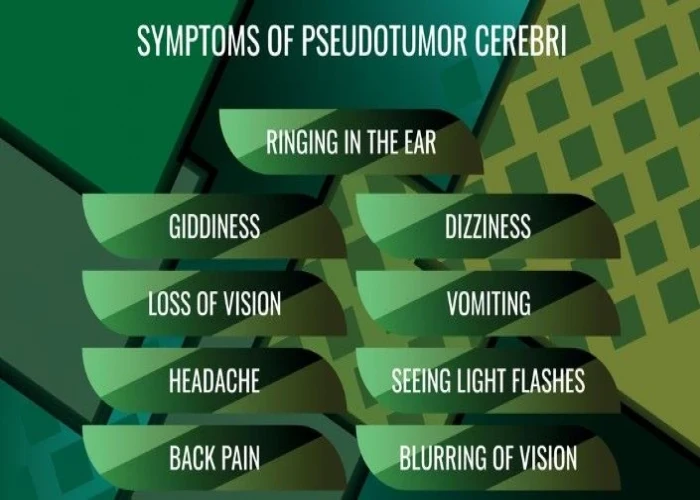 Welcome
Welcome
“May all be happy, may all be healed, may all be at peace and may no one ever suffer."
Schizoid personality disorder

Schizoid personality disorder is a mental health condition characterized by a pattern of detachment from social relationships and a restricted range of emotional expression in interpersonal situations. People with schizoid personality disorder may appear aloof, emotionally cold, and indifferent to others, and may prefer to spend time alone rather than engaging in social activities.
The exact causes of schizoid personality disorder are not fully understood, but it is thought to be influenced by a combination of genetic, environmental, and early developmental factors. The condition may be more common in families with a history of schizophrenia or other psychotic disorders.
Symptoms of schizoid personality disorder may include:
- Lack of interest in social relationships or activities
- Limited range of emotional expression
- Difficulty with intimacy or close relationships
- Indifference to praise or criticism from others
- Preference for solitary activities
- Lack of desire for sexual experiences
- Emotional detachment or aloofness
- Difficulty expressing emotions or relating to others
Diagnosis of schizoid personality disorder is usually made based on a comprehensive psychiatric evaluation, including a medical history, physical exam, and mental status examination. There are no specific laboratory tests for this disorder, but brain imaging studies such as MRI or CT scans may be performed to rule out other conditions.
Treatment for schizoid personality disorder typically involves psychotherapy, such as cognitive behavioral therapy or psychoanalytic therapy, aimed at helping individuals improve social and interpersonal skills, develop emotional awareness, and manage symptoms more effectively. Medications may be used to manage symptoms such as anxiety or depression, but are not typically used as a primary treatment for this condition.
With proper treatment and ongoing support, many people with schizoid personality disorder are able to manage their symptoms and lead fulfilling lives. However, the condition can be chronic and may require long-term treatment and monitoring.
Research Papers
Disease Signs and Symptoms
- Reduced sexual desire
- Personality disorder
- Prefer being alone and choose to do activities alone
- Don't want or enjoy close relationships
- Feel like can't experience pleasure
- Have difficulty expressing emotions and reacting appropriately to situations
- May seem humorless, indifferent or emotionally cold to others
- May appear to lack motivation and goals
- Don't react to praise or critical remarks from others
Disease Causes
Schizoid personality disorder
Personality is the combination of thoughts, emotions and behaviors that makes you unique. It's the way you view, understand and relate to the outside world, as well as how you see yourself. Personality forms during childhood, shaped through an interaction of inherited tendencies and environmental factors.
In normal development, children learn over time to accurately interpret social cues and respond appropriately. What causes the development of schizoid personality disorder is unknown, although a combination of genetic and environmental factors, particularly in early childhood, may play a role in developing the disorder.
Disease Prevents
Disease Treatments
If you have schizoid personality disorder, you may prefer to go your own way and avoid interacting with others, including doctors. You may be so used to a life without emotional closeness that you're not sure you want to change — or that you can.
You might agree to start treatment only at the urging of a family member who is concerned about you. But help from a mental health professional who's experienced in treating schizoid personality disorder can have a major positive impact. Treatment options include:
- Talk therapy (psychotherapy). Psychotherapy can be helpful. If you'd like to develop closer relationships, a modified form of cognitive behavioral therapy may help you change the beliefs and behaviors that are problems. A therapist understands your need for personal space and how difficult it is for you to open up about your inner life. He or she can listen to and help guide you without pushing too hard.
- Group therapy. A goal of individual treatment may be a group setting in which you can interact with others who are also practicing new interpersonal skills. In time, group therapy may also provide a support structure and improve your social skills.
- Medications. Although there's no specific drug to treat schizoid personality disorder, certain drugs can help with issues such as anxiety or depression.
With appropriate treatment and a skilled therapist, you can make significant progress and improve your quality of life.
Disease Diagnoses
Disease Allopathic Generics
Disease Ayurvedic Generics
Disease Homeopathic Generics
Disease yoga
Schizoid personality disorder and Learn More about Diseases

Corns and calluses

Adult attention-deficit/hyperactivity disorder (ADHD)

Sleep apnea

Broken foot

Ductal carcinoma in situ (DCIS)

Schizoid personality disorder

Cytomegalovirus (CMV) infection

Pseudotumor cerebri (idiopathic intracranial hypertension)
Schizoid personality disorder, স্কিজয়েড পার্সোনালিটি ডিসঅর্ডার, স্কিজয়েড ব্যক্তিত্বের ব্যাধি
To be happy, beautiful, healthy, wealthy, hale and long-lived stay with DM3S.
